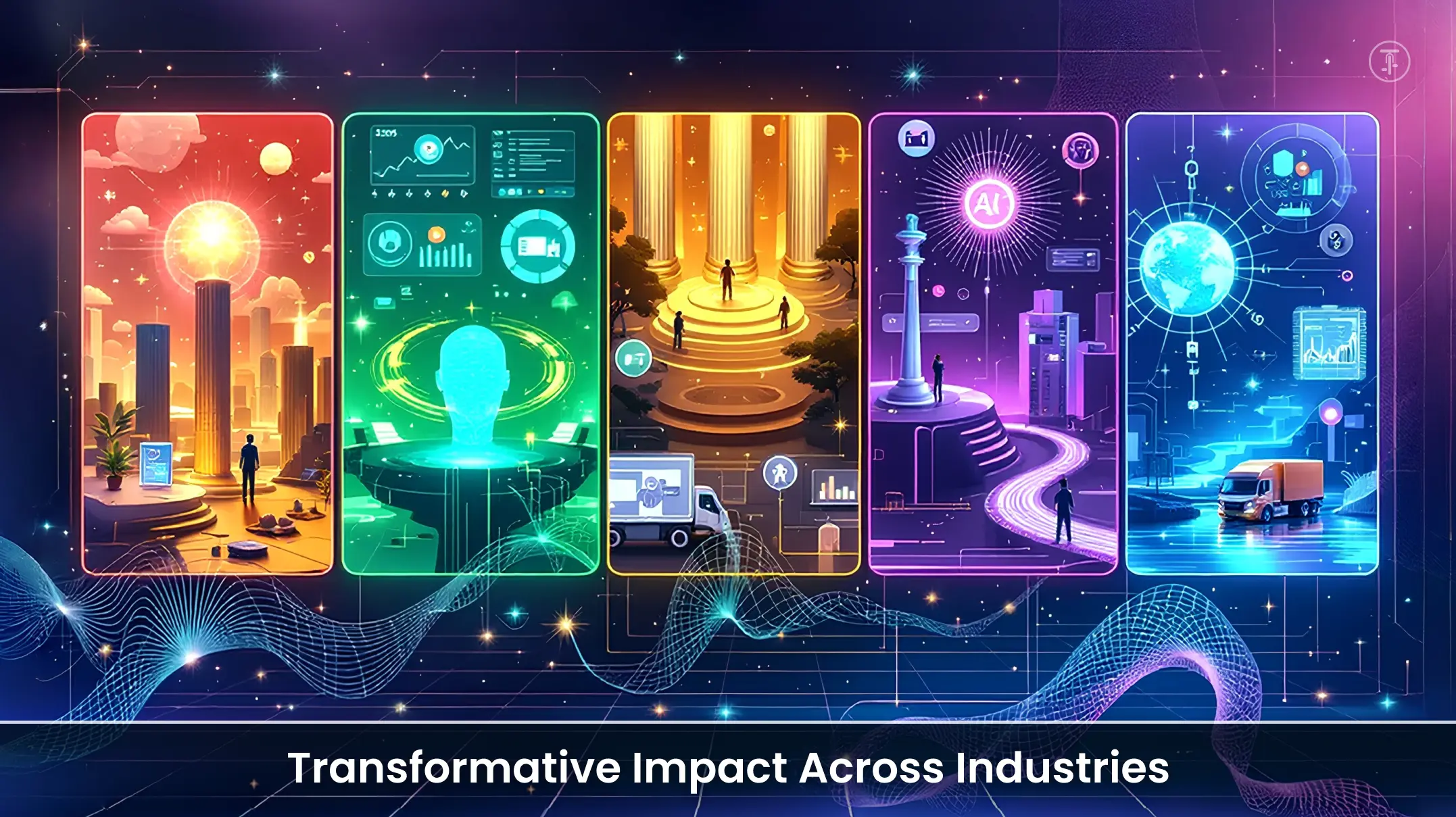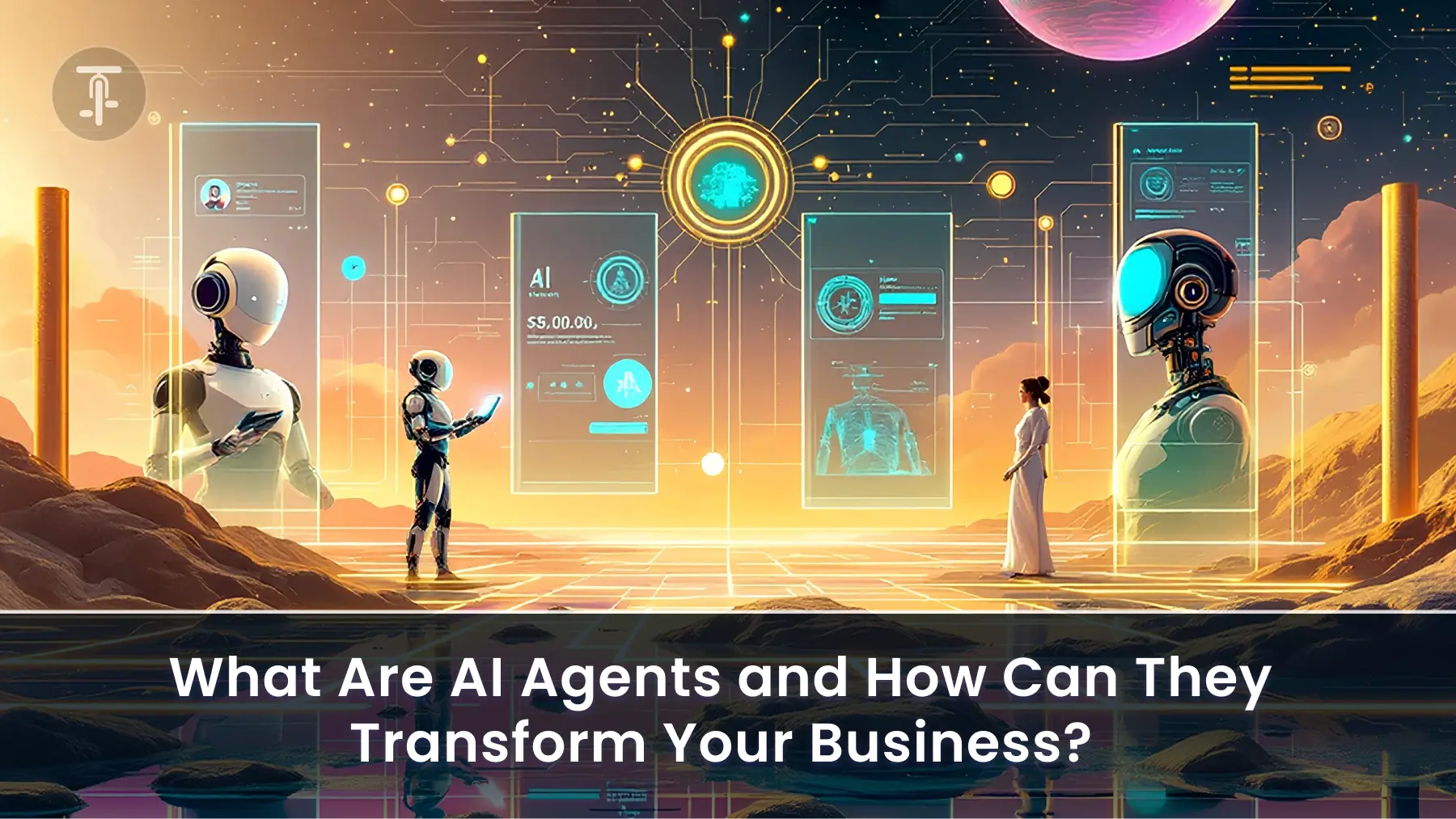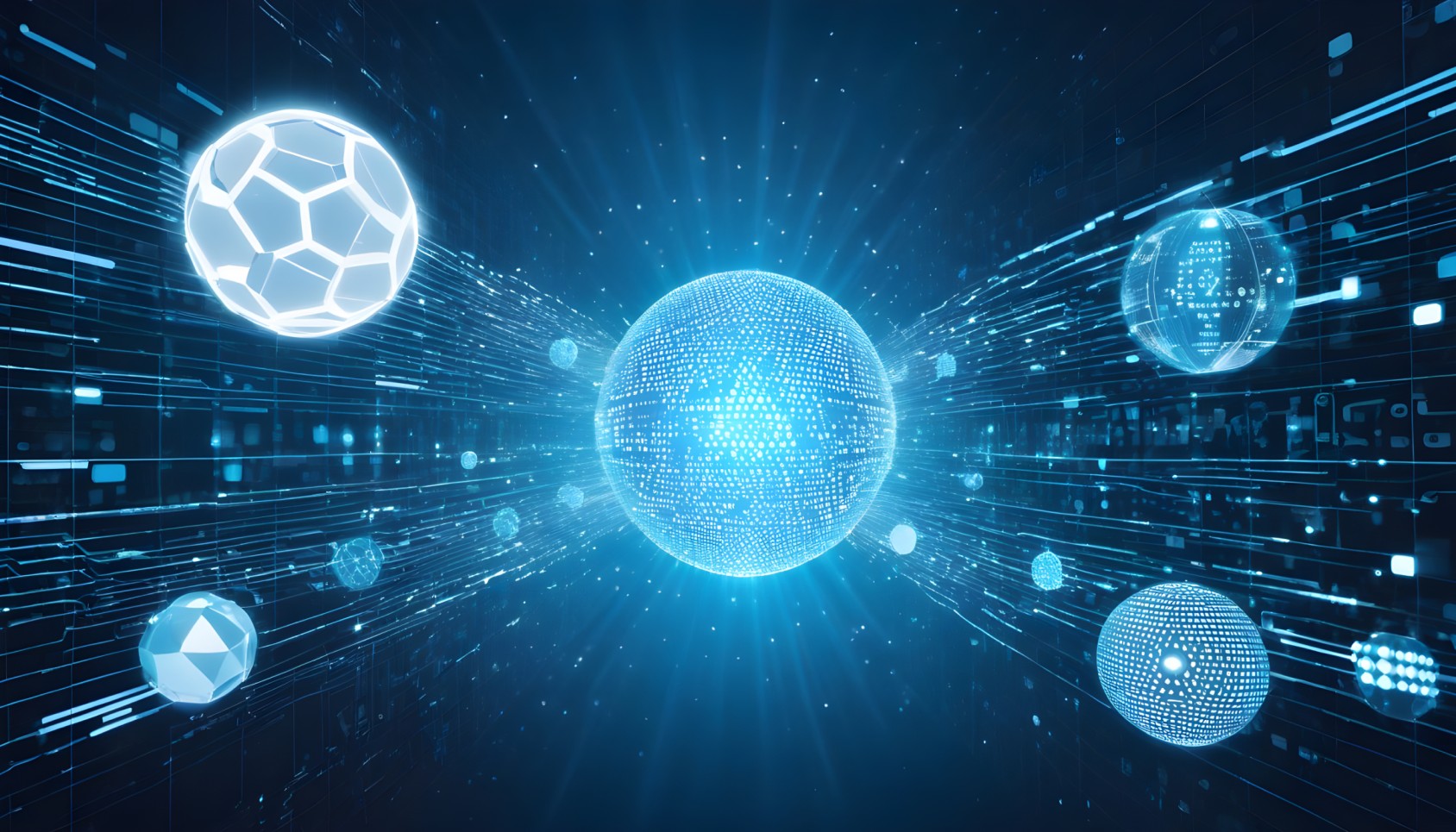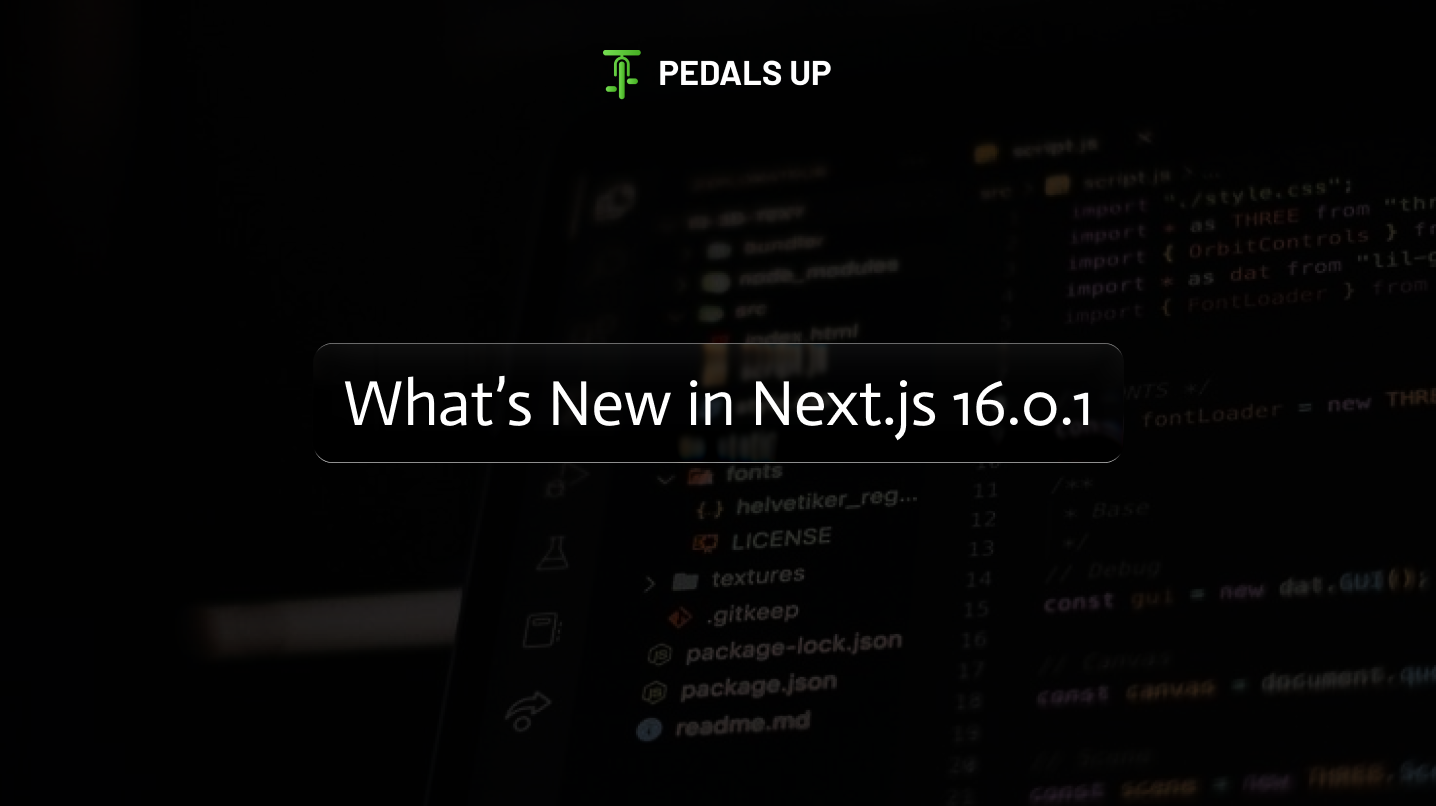Introduction
Artificial Intelligence is revolutionizing industries through its ability to allow automation, optimize decision-making processes, and enhance user experience. The central element of this change is an AI agent – an autonomous entity that perceives its environment, processes data, and acts intelligently to achieve specific goals. This article elaborates on the intricacies of AI agents, their diverse applications, and how they can generate significant business value.
Understanding AI Agents: More Than the Basics
AI agents are software-based entities that are programmed to interact with digital or physical environments. They make decisions based on algorithms, data inputs, and pre-defined rules. Although much of the public discussion of AI agents focuses on simple rule-based bots, modern AI agents are increasingly using sophisticated machine learning (ML) and deep learning (DL) techniques to achieve complex objectives.
A Taxonomy of AI Agents:
- Reflex agents: These agents respond to stimuli based on pre-programmed rules. They are simple to implement but have no memory and cannot learn from past experiences. An example is a thermostat controlling the room temperature.
- Model-Based Reflex Agents: These agents have an internal model of the world and, hence, can reason about the environment and predict the consequences of actions. This model may be based on prior knowledge or learned from experience. Example: A self-driving car navigating through traffic.
- Goal-Based Agents: These agents aim to achieve specific goals, planning sequences of actions to reach the desired state. They require search algorithms and planning techniques. An example is a robot navigating a maze.
- Utility-Based Agents: These agents go beyond simple goal achievement and strive to maximize a “utility” function, representing the agent’s preferences and the desirability of different outcomes. Example: An AI-powered investment advisor.
- Learning Agents: These agents learn from experience, adapting their behavior over time. They employ ML algorithms like reinforcement learning to improve their performance. Example: A game-playing AI that learns optimal strategies.
- Multi-Agent Systems (MAS): This system comprises several interacting agents with different goals and capabilities. MAS is applied to complex problems that cannot be solved by a single agent. An example is distributed sensor networks monitoring environmental conditions.
Transformative Impact Across Industries:

AI agents are changing the industries through automation, efficiency gains, and data-driven insights:
- E-commerce: Personalized recommendation using collaborative filtering and content-based filtering, dynamic pricing optimization, and AI-based fraud detection.
- Finance: Algorithmic trading based on reinforcement learning, risk assessment using predictive modeling, and fraud detection using anomaly detection.
- Healthcare: AI-based diagnostics with CNNs for image analysis, personalized medicine recommendation, and virtual health assistants.
- Manufacturing: Predictive maintenance by time series analysis and machine learning, process automation through Robotic Process Automation, and optimizing the supply chain through graph neural networks.
- Marketing: Personalized content creation by using NLG, targeted advertisements using user segmentation and behavioral analysis, and even the sentiment of a customer with feedback.
Technical Factors to Create AI Agents:
Several technical considerations go into making an effective AI agent.
- Data Acquisition and Preprocessing: High-quality data is a necessity for training effective AI models. Techniques of data preprocessing include cleaning, normalization, and feature engineering.
- Model Selection and Training: Choosing the right AI model depends on the specific task and available data. Models need to be trained, which requires significant computational resources and expertise in ML/DL frameworks.
- Deployment and Integration: Introducing AI agents in the already built systems can be a problem. APIs, cloud platforms, and containerization technologies make the process easier.
- Monitoring and Evaluation: Continuous monitoring and evaluation help determine the agent’s performance and point out its shortcomings. Commonly used metrics are accuracy, precision, recall, and F1-score.
- Explainability and Trust: It’s essential to develop trust and establish accountability so that one understands what AI agents are doing. Techniques like LIME and SHAP can be used to explain model behavior.
Pedals Up: Your AI Agent Development Partner:
At Pedals Up, we specialize in building cutting-edge AI solutions tailored to your business requirements. Our expertise includes:
- Custom AI Agent Development: We develop intelligent agents using state-of-the-art ML/DL techniques, including reinforcement learning and deep learning.
- Seamless Integration: We ensure easy integration with existing infrastructure through the use of APIs, cloud platforms, and containerization.
- Development of AI/ML Models: We develop customized models optimized to suit your unique use case through the use of frameworks such as TensorFlow and PyTorch.
Web3 & AI Synergy: We are developing decentralized AI agents that work in conjunction with smart contracts and blockchain platforms.
- Business Process Automation: We apply AI-powered workflows and robotic process automation to drive critical operations.
Business tomorrow is intelligent and automated. Contact Pedals Up today to explore how our AI agents development service can transform your operations, drive innovation, and unlock new growth opportunities. Let’s build the future of your business, together.




